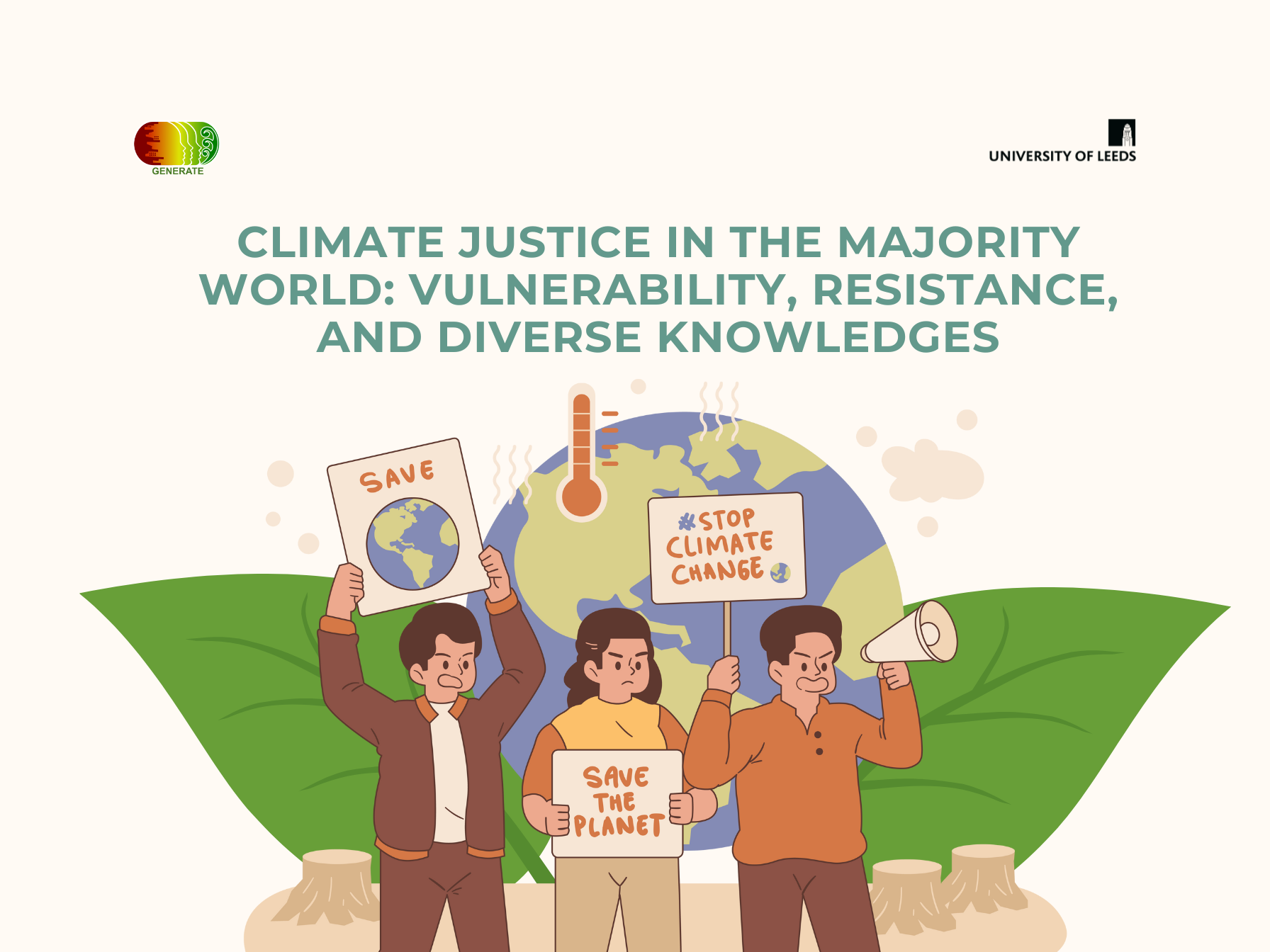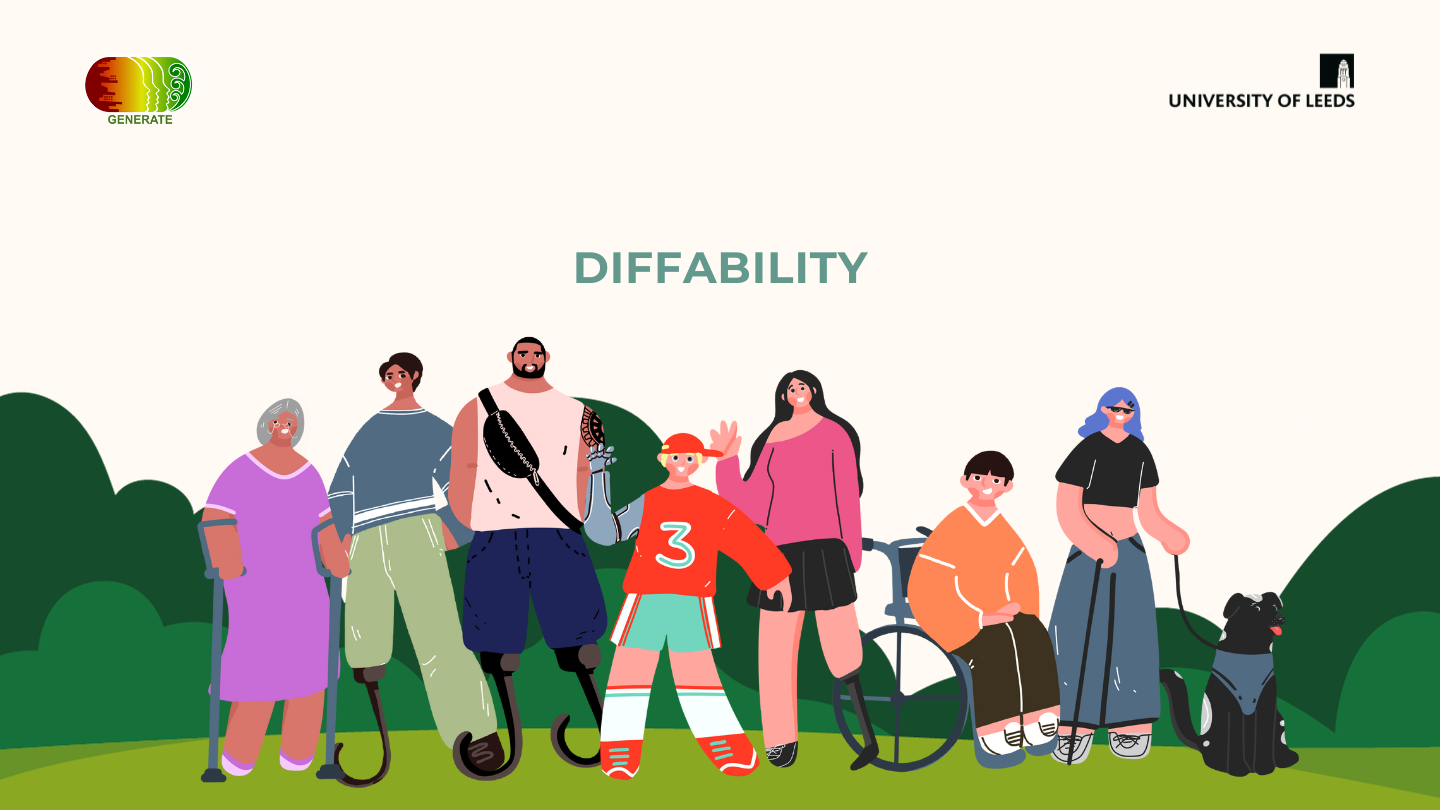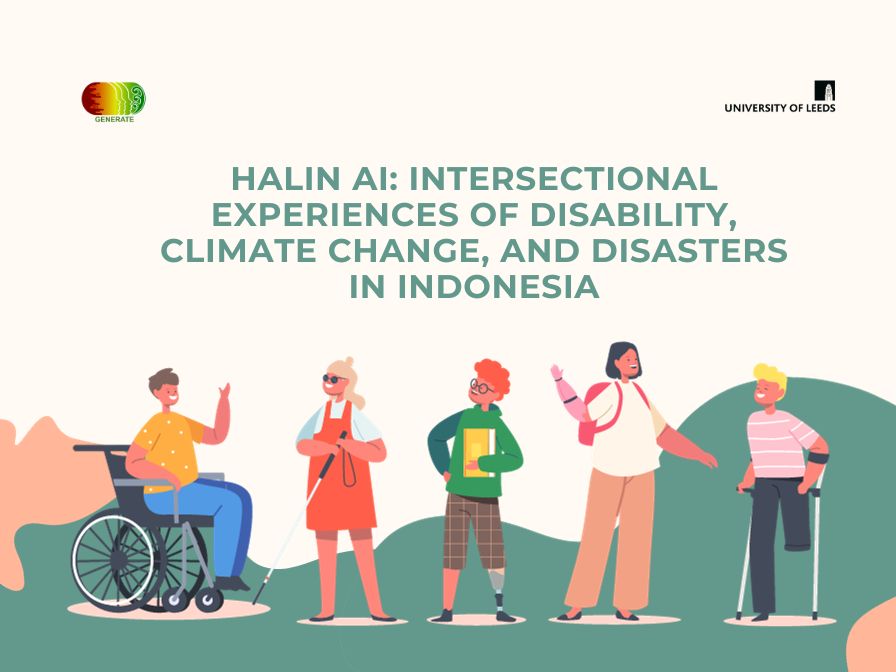
DESCRIPTION
This edited collection explores a diverse range of climate (in)justice case studies from the Majority World – where most of humans and non-humans live. It is also the site of the most severe impacts of climate change and home to some of the key solutions for the climate crisis. The collection brings together 12 chapters featuring the work of over 30 authors from around the globe.
The impacts of climate change are disproportionately affecting individuals, communities, and countries in the Majority World who historically have contributed little to rising global temperatures. The 12 chapters focus on a range of cross-cutting themes, demonstrating both individual and collective experiences of climate change and struggles for achieving climate justice from the Majority World. This includes activism, resistance, and social movement organizing in India and Brazil; lived experiences and understandings of frontline communities in Bangladesh and South Africa; consequences of and responses to disasters in Mozambique and Puerto Rico; and contested accounts, narratives, and futures in the Maldives and Pakistan, among other topics.
By adopting a decolonial lens, this book provides rich empirical content, insightful comparisons, and novel conceptual interventions. It foregrounds climate justice from an intersectional perspective and contributes to the ongoing efforts by scholars and activists to address epistemic injustice in climate change research, policy, and practice. It will appeal to undergraduate and graduate-level students, academics, activists, policymakers, and members of the public concerned with the impacts and inequalities of climate change in the Majority World.
Biography
Neil J. W. Crawford is a research fellow in climate action and member of the Priestley Centre for Climate Futures, University of Leeds, UK. Their research focuses on forced migration and displacement, refugee rights, climate justice, and the inequalities of climate change, gender and sexuality, and cities.
Kavya Michael is an environmental-social scientist at Chalmers University of Technology, Sweden. Her research broadly examines environmental change and energy-related issues through a human rights and justice lens. She studies the multiple intersections of climate change, urban inequality, informality, and inter- and intraregional migration with a focus on the Global South.
Michael Mikulewicz is an assistant professor at the Department of Environmental Studies at the State University of New York College of Environmental Science and Forestry (SUNY ESF). Michael is a human geographer who applies critical theory to study issues of climate and environmental (in)justice, adaptation, and urban sustainability.
Available to purchase here.



